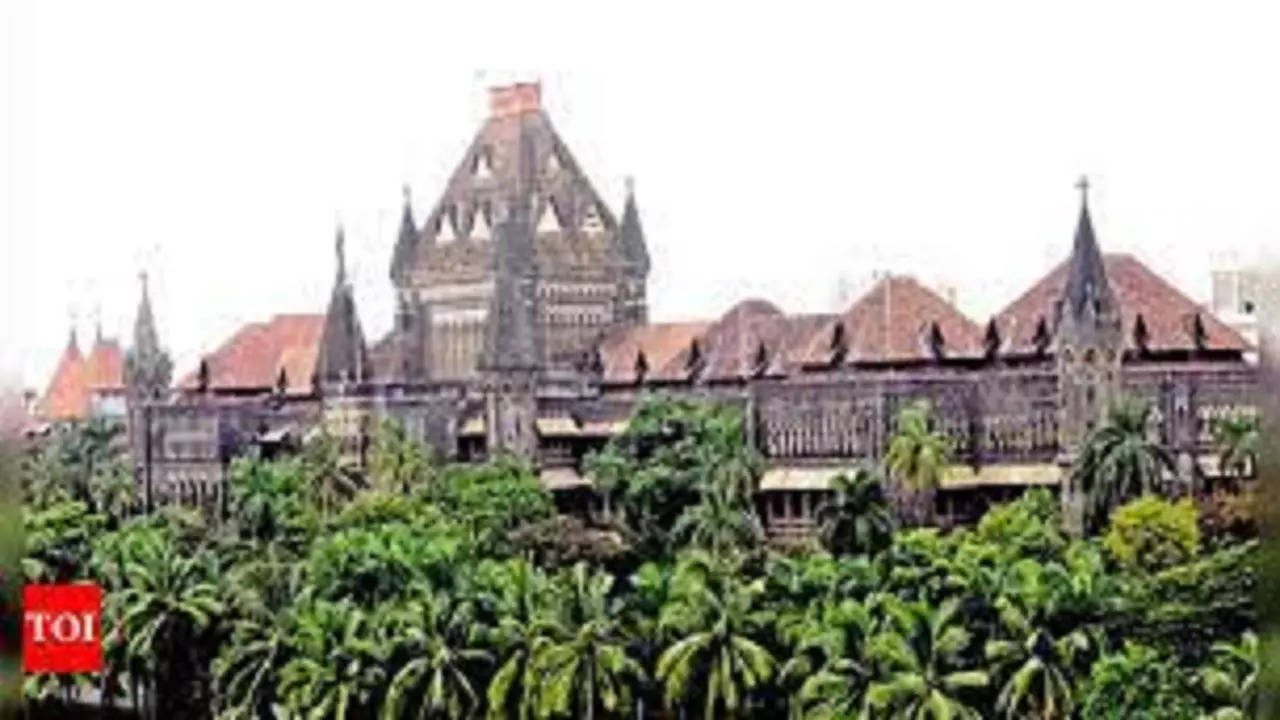Imposition of tax on subsidies does not constitute ‘taking away’ of a benefit : Bombay HC; dismisses challenge by Serum Institute – Times of India

[ad_1]
The HC said, ” The Constitution safeguards the right to trade under Article 19(1)(g) but does not extend this protection to the right to profit.”
” Profits, by their nature, are subject to fluctuations resulting from various factors, taxation being but one.It is the duty of the legislature to ensure that taxation policy reflects a balance between incentivizing economic activity and ensuring the equitable distribution of fiscal resources,” held the division bench of Justices K R Shriram and Neela Gokhale pronouncing the judgment on Monday.
The Pune-based biotechnology company manufacturing drugs and vaccines, had in 2021 petitioned the HC to challenge a 2016 amendment to Section 2(24) by the insertion of sub-cause (xviii) under the Income Tax Act, 2015 that deals with definition of ‘income’. The challenge was to include subsidy, grant, waivers, concessions or reimbursements by Centre or States or incentive in cash or kind, as ‘income’.
The HC said by including various subsidies and concessions in ‘income’ , the law “only indicates the well established jurisprudential path ensuring that the income tax laws remain attuned to the economic realities and continue to serve as a vital cog in the nation’s fiscal machinery,’’ said the bench.
It said, “The amendment is a perfect example of a legislative endeavour to align the definition of “income” with the evolving economic landscapes and judicial precedent of it being an inclusive and elastic term.’’
Additional Solicitor General Devang Vyas for the Union Finance Ministry submitted, “It is the duty of the legislature to ensure that taxation policy reflects a balance between incentivizing economic activity and ensuring the equitable distribution of fiscal resources.’’ The HC agreed.
The company had participated in a State scheme by making a capital investment of over RS 1500 crore, approved by the State in October 2018. The benefits under the scheme for such eligible ‘ultra mega’ projects category included stamp duty concessions, exemption from electricity duty and VAT/CST/SGST subsidy.
The company represented by senior counsel Arvind Datar contended that previously subsidies, grants, or incentives received as “capital receipts” were excluded from the definition of “income” and consequently not taxable under the Act and that position has also been accepted by the Supreme Court.
After hearing his other submissions as well, the HC said though they appear to be of fiscal concern, “ in our view, (they are) more an argument of diminished profits and a narrow interpretation of income which the Apex Court has time and again expanded.’’
Serum Institute, stated that there is no pleaded case of hardship but that they are only aggrieved by the impugned amendment order which destroys the distinction between capital and revenue subsidies. The essence of the argument was looked at by the HC. The company asserted that such taxation “effectively nullifies the distinction between capital and revenue subsidies, leading to the erosion of what they perceive as a benefit or savings.”
The HC in its judgment said, ” However, this line of reasoning appears to combine the concept of fiscal incentive with absolute fiscal immunity. Subsidies and concessions are inherently designed to stimulate certain economic activities or to steer the economy in a desired direction. They are not, however, intended to serve as permanent fixtures beyond the scope of taxation, especially when such benefits have fulfilled their economic purpose. ”
The imposition of tax on these subsidies does not constitute “taking away” of a benefit but rather represents a recalibration of fiscal advantages in line with broader economic and policy considerations, the HC observed.
The HC reasoned, ” Petitioner’s argument, is ostensibly rooted in concerns over profitability. This does not, in substance, however, provide a tenable basis to impugn the constitutional validity of the amended provision. Hence, petitioner’s argument of eroded profitability due to taxation lacks constitutional merit.”
And sounding a warning that such an argument of the company could open floodgates, the HC said, ” An extension of this logic could open floodgates of untenable demands from loss-incurring entities seeking tax exemptions to improve profitability. This could potentially create a taxing standard that is inconsistent and prone to manipulations; ”
In the words of High Court:
Taxation is an economic reality that every business entity must contend with. The interplay between taxation and profitability is a complex one, subject to numerous variables beyond merely the taxation of subsidies. The mere fact that a tax falls more heavily on certain goods or persons may not result in its invalidity.
The policy of a tax, in its effectuation, might, of course, bring in some hardship in some individual cases. But that is inevitable, so long as law represents a process of abstraction from the generality of cases and reflects the highest common factor. Every cause, it is said, has its martyrs. Then again, the mere excessiveness of a tax or even the circumstance that its imposition might tend towards diminution of the earnings or profits of the persons of incidence, like in the case at hand – savings get reduced resulting in lower profitability, does not, per se, and without more, constitute violation of the rights under Part III of Constitution of India.
